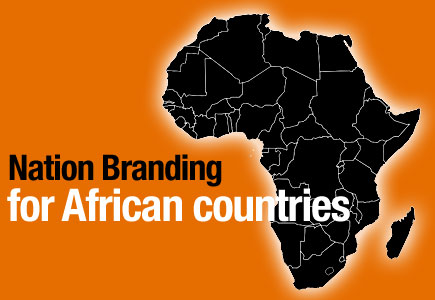Seizing Africa's business opportunity
by Ernest Umunna on 02/11/11
In the aftershock of the global financial crisis, Africa no longer seems uniquely risky. Africa sustained this crisis because most business financials are conducted on cash basis. The idea of operating business on a line of credit is still not part of the African business landscape, hence, the global financial crisis have minimal impact on the economy. Between 2001 and 2008, Africa was among the fastest growing part of the world with average growth of 5.6 percent a year. While the commodity boom played a role, stable macroeconomic conditions coupled with structural reforms, including the privatization of state owned enterprises and lowered barriers to competition reinforced the impressive growth. It was accompanied by large amounts of foreign direct investments, including inflows from the Gulf countries and from emerging countries of Asia (China, Korea, Japan and India), and Brazil. Resource-rich countries such as Nigeria and South Africa received most of the foreign direct investment during the decade, but new patterns have emerged in the last three to four years. In eastern and northern Africa, for example, new investments has arrived in non-resource sectors such as tourism, manufacturing, financial services, telecommunication, information systems, and construction. All of a sudden, the world can no longer see Africa's economy as extractive. In addition, a second tier of smaller but high-performing countries, including Ghana, Namibia, and Zambia, has caught investor's attention.

















